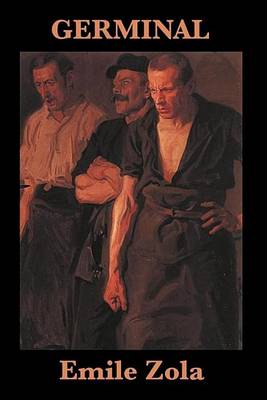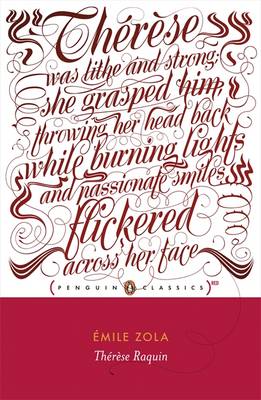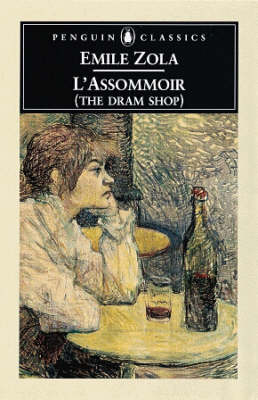Classics
1 primary work • 5 total works
Book 202
Nana tells the story of the rise of Nana Coupeau from a street prostitute to a high class cocotte (courtesan) during the final years of the Second French Empire. Through her performance in La blonde Venus, a fictional operetta, she attracts the attention of society and proceeds to destroy every man that she encounters. Nana is the ninth volume of Zola's Rougon-Macquart series and was published in 1880. The novel depicts the moral corruption that Zola believed was the cause of the downfall of the Second Empire.
The novel's central character is ...tienne Lantier, previously seen in L'Assommoir (1877), a young migrant worker who arrives at the forbidding coalmining town of Montsou in the bleak far north of France to earn a living as a miner. Sacked from his previous job on the railways for assaulting a superior - he befriends the veteran miner Maheu, who finds him somewhere to stay and gets him a job pushing the carts down the pit. ...tienne is portrayed as a hard-working idealist but also a naïve youth; Zola's genetic theories come into play as ...tienne is presumed to have inherited his Macquart ancestors' traits of hotheaded impulsiveness and an addictive personality capable of exploding into rage under the influence of drink or strong passions.
Therese Raquin is bored by her loveless marriage to her sickly cousin, and allows herself to be swept away by lust and excitement when she meets his earthy and sensual friend Laurent. But the animal passion between them will result in a terrible crime - one that will haunt them for ever. Books that save lives come in one colour Choose (Penguin Classics) Red, Save Lives Penguin Classics has partnered with (Product) Red to bring you our selection of some of the best books ever written. We will be contributing 50 per cent of the profits from the sale of (Penguin Classics) Red editions to the Global Fund to help eliminate AIDS in Africa. Now great books can help save lives.
La Bete humaine (1890), the seventeenth novel in the Rougon-Macquart series, is one of Zola's most violent and explicit works. On one level a tale of murder, passion, and possession, it is also a compassionate study of individuals derailed by atavistic forces beyond their control. Zola considered this his 'most finely worked' novel, and in it he powerfully evokes life at the end of the Second Empire in France, where society seemed to be hurtling into the future like the new locomotives and railways it was building. While expressing the hope that human nature evolves through education and gradually frees itself of the burden of inherited evil, he is constantly reminding us that under the veneer of technological progress there remains, always, the beast within. This new translation captures Zola's fast-paced yet deliberately dispassionate style, while the introduction and detailed notes place the novel in its social, historical, and literary context.
This title is part of the "Les Rougon-Macquart" series which tells about two branches of a French family traced through several generations. The behaviour of the two families is shown to be conditioned by environment and inherited characteristics, chiefly drunkenness and mental instability.



